Medications That Cause Hair Loss And How It Can Be Reversed
Understand the reason for your hair loss and follow simple steps to reverse it

Certain drugs may interfere with the hair cycle and cause hair loss (1). Hence, it is important to be aware of the medications that cause hair loss. Drug-induced hair loss stops when you discontinue the particular medication or when your body adjusts to the medication. But not everyone can stop their medications, can they? So, what could be the best solution for this concern? Keep reading to know what medications can cause hair loss and how you can treat it.
In This Article
Medications That Cause Hair Loss
Hair loss could be a side effect of medications that you are taking for an existing health condition. These medications interrupt the normal hair follicle cycle. Medications cause hair loss in two phases – anagen and telogen (2).
Hair loss due to medication in the anagen phase is called anagen effluvium, while that in the telogen phase is called telogen effluvium. This form of hair loss is more common during the telogen phase (2).
 Pro Tip
Pro TipChemotherapy medicines usually cause hair loss during the anagen or growing phase of the hair follicle cycle (3).
The following is the list of medications more likely to cause hair loss:
- Antifungal Drugs: Medications that cause hair thinning include antifungal drugs like voriconazole (5).
- Anti-Clotting Drugs: Anticoagulants like warfarin and heparin are used for the prevention of blood clots. Such medications may cause hair loss (6).
- Birth Control Pills: Medications associated with hair loss in females include hormone replacement therapy (HRT) and contraceptive pills (7). Women experience hormonal issues when they undergo hormone replacement therapy, leading to hair loss (7). In some cases, hair loss due to HRT could be permanent.
- Antidepressants And Mood Stabilizers: Certain antidepressants may also cause hair loss. A few such antidepressants include bupropion, sertraline, venlafaxine, and paroxetine (8).
- Blood Pressure Medications: These include beta-blockers and angiotensin-converting enzyme or ACE inhibitors (7). Beta-blockers that cause hair loss include metoprolol, timolol, propranolol, atenolol, and nadolol (7). ACE inhibitors that cause hair thinning may include enalapril, lisinopril and captopril.
- Anticonvulsants: Anticonvulsants are prescribed for epilepsy, and these also may cause hair loss (7). Anticonvulsants that cause hair loss include valproic acid and trimethadione (9), (10).
- Immunosuppressants: Autoimmune disorders like lupus and rheumatoid arthritis need immune-suppressing drugs. These medications may also cause hair loss. Some immunosuppressants that may cause hair loss include methotrexate and leflunomide (11), (12).
- Weight Loss Drugs: These medicines may cause hair loss (13).
- Chemotherapy Medications: You might experience anagen effluvium if you are on chemotherapy drugs. These drugs are used for treating certain types of cancer. While chemotherapy drugs eliminate the rapidly growing cancer cells in your body, they also tend to result in hair loss since they attack your hair roots. You will also experience chemotherapy hair loss in your eyelashes, body hair, and eyebrows (14). However, you can read about many chemotherapy hair loss prevention and care tips. Talking to your doctor is crucial.
- Antibiotics: Some antibiotics may induce hair loss as a side effect by disturbing the natural balance of the body’s microorganisms, including those on the scalp. These medicines may also trigger conditions like telogen effluvium, where an increased number of hair follicles enter the resting phase, resulting in noticeable shedding. However, there is limited scientific research on this.
- Cholesterol-Lowering Drugs: These drugs that disrupt the cholesterol levels may rarely influence the hair growth cycle, leading to increased hair shedding. If you experience hair loss while on cholesterol-lowering medication, consulting with a healthcare provider is essential to explore potential alternatives or adjust the treatment plan for the best results.
These are the various medications that may induce hair loss in some individuals. But is this hair loss reversible? Let us find out.
Key Takeaways
- Acne medications with vitamin A like retinol can cause hair loss.
- Immune-suppressing drugs like methotrexate and leflunomide can cause hair loss.
- Foods rich in omega-3 and omega-6 fatty acids, iron, biotin, and zinc may promote hair growth.
Is Drug-Induced Hair Loss Reversible?
Yes, drug-induced hair loss is reversible. However, the duration of hair regrowth depends on the type of medical treatment.
For instance, chemotherapy is required for the treatment of cancer. Not only does chemotherapy fight the rapidly dividing cancer cells, but it also attacks your hair follicles and leads to hair loss on your scalp and other areas of your body. You will experience rapid hair loss.
Most often, you would observe hair regrowth two to three weeks after the completion of chemotherapy. Your hair may appear soft and fuzzy at first, but you will experience normal hair growth after a month. The color or texture of your hair may also be different.
Certain medications cause telogen effluvium (when an excessive number of hairs in the resting phase shed). Even medical events like childbirth, high fever, or surgery can cause hair loss.
You normally experience telogen effluvium three months post the event, resulting in hair thinning. Thankfully, this condition can be reversed entirely with time (2). Once you get the right treatment for the medical event, you will notice hair regrowth after six months. However, in a few cases, this may take years to resolve.
Let us now take a look at how you can reverse the effects of medication.
How Can Drug-Induced Hair Loss From Medication Be Reversed?
Drug-induced hair loss
stops once the medical event is treated and/or the medication is discontinued. However, do not discontinue any medication without consent from your doctor. Hair regrowth may take anywhere between 6-18 months. The following methods can aid hair regrowth:
- A Healthy Diet: You need to be on a diet that promotes hair growth. This includes foods rich in omega-3 and omega-6 fatty acids (15). Ensure your diet is also rich in iron, biotin, and zinc. Eating these nutrient-dense foods can strengthen hair and may help stop hair loss. However, there are many other natural methods to stop hair fall, that you can know about to further take care of this issue.
- Topical Minoxidil: You can apply minoxidil topically for accelerated and improved hair growth (16). Consult your doctor first if you have not used minoxidil before.
- Pumpkin Seed Oil: Pumpkin seed oil can block the action of 5-alpha reductase, an enzyme responsible for hair loss (17).
 Pro Tip
Pro TipHair loss can be a frightening and distressing experience, especially if it is a side effect of taking certain medications for a medical condition. Few drugs such as chemotherapy, acne, antiviral, or anti-clotting medications cause hair loss. The good news is hair loss due to medication can be stopped by discontinuing the medication or after the complete treatment of the condition. It may take between 6 to 18 months for your hair to grow. Following a diet rich in omega fatty acids and iron can stimulate hair growth.
Frequently Asked Questions
Do statins cause hair loss?
Yes, statins may cause hair loss in some people. However, it is a very rare side effect of these drugs, and only 1% of the people report hair loss during the usage of statins.
What would a dermatologist prescribe for hair loss?
Dermatologists usually prescribe topical minoxidil for hair loss. They may also prescribe finasteride in oral form to manage hair loss.
Can amlodipine cause thinning hair?
No, amlodipine does not lead to thinning hair or hair loss. However, there could be more thinning hair causes that you should know about to get the right treatment.
What illnesses cause hair loss in females?
Thyroid disorders, anemia, and PCOS may trigger hair loss in females.
Do calcium blockers cause hair loss?
Yes, calcium blockers may cause hair loss. They may also trigger hair thinning in some people.
Does levothyroxine cause hair loss?
Yes, levothyroxine causes hair loss in the initial days of treatment. However, it may or may not cause hair loss for everyone as individual reactions can vary. In most cases, it is reversible, and your hair goes back to normal after a few days of treatment.
Women experience hair fall for many reasons, and the side effects of certain medications are one of them. Watch the following video to learn more about which medications cause hair loss.
Read full bio of Dr. Priya Gill
Read full bio of Annie Jangam
Read full bio of Anjali Sayee
Read full bio of Monomita Chakraborty







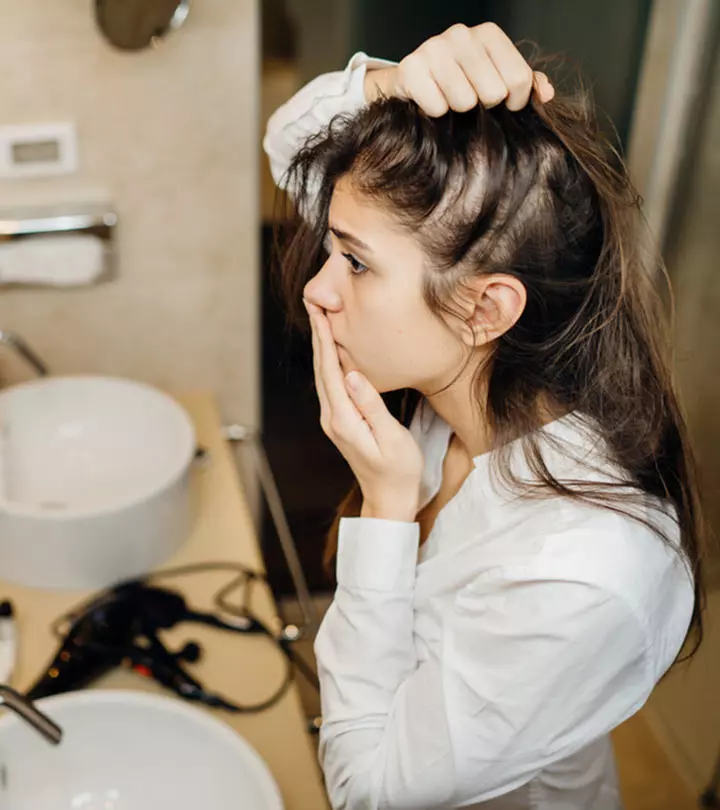
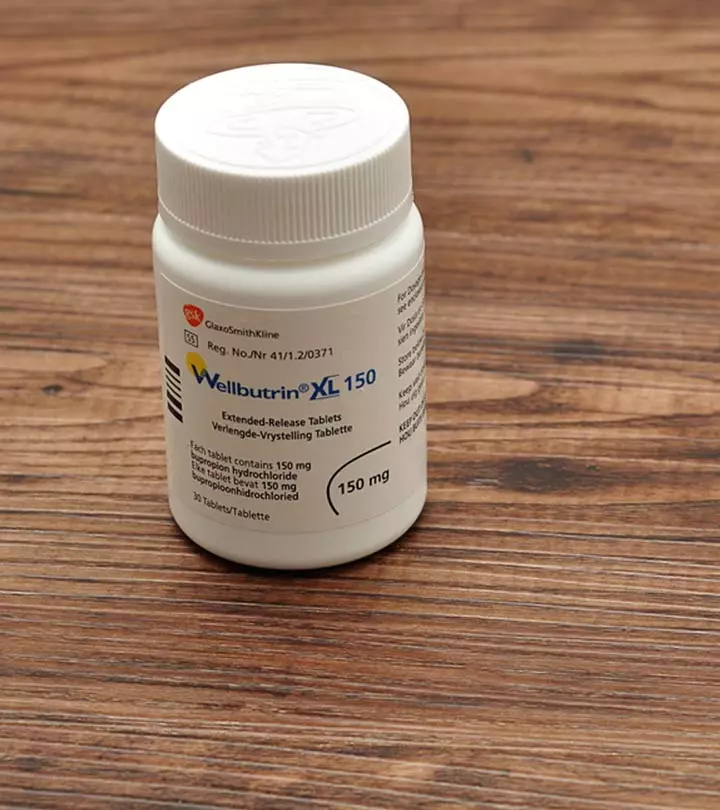

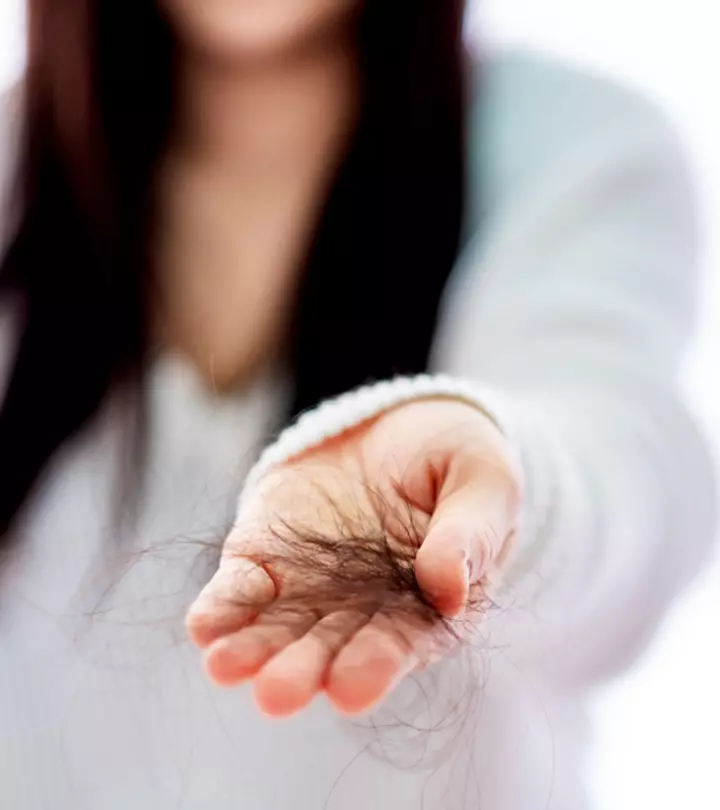
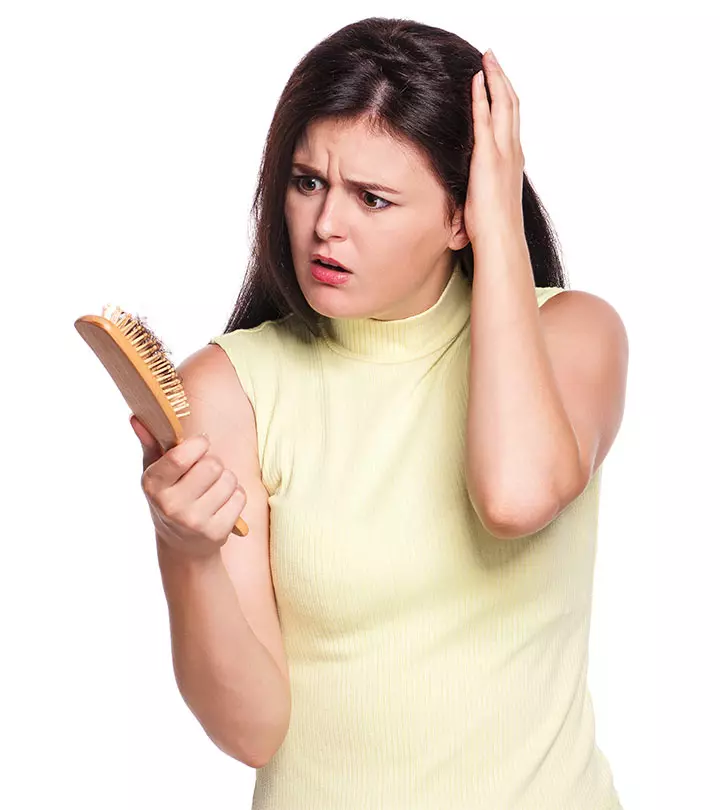
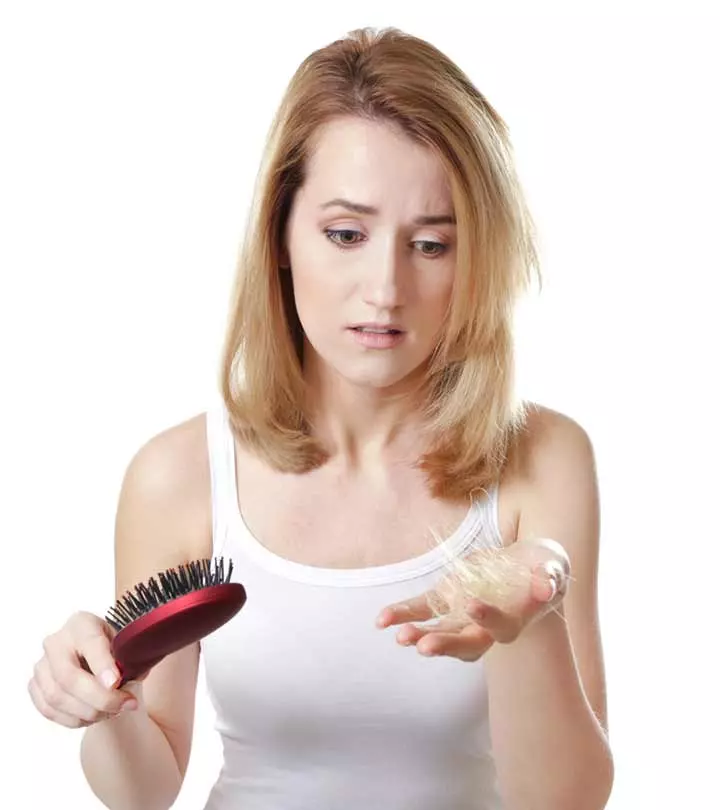
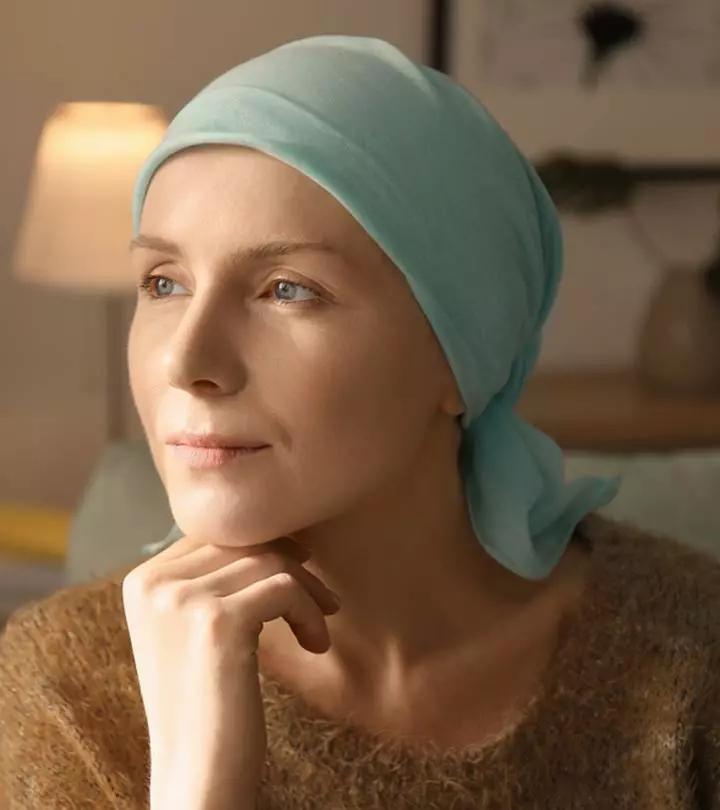





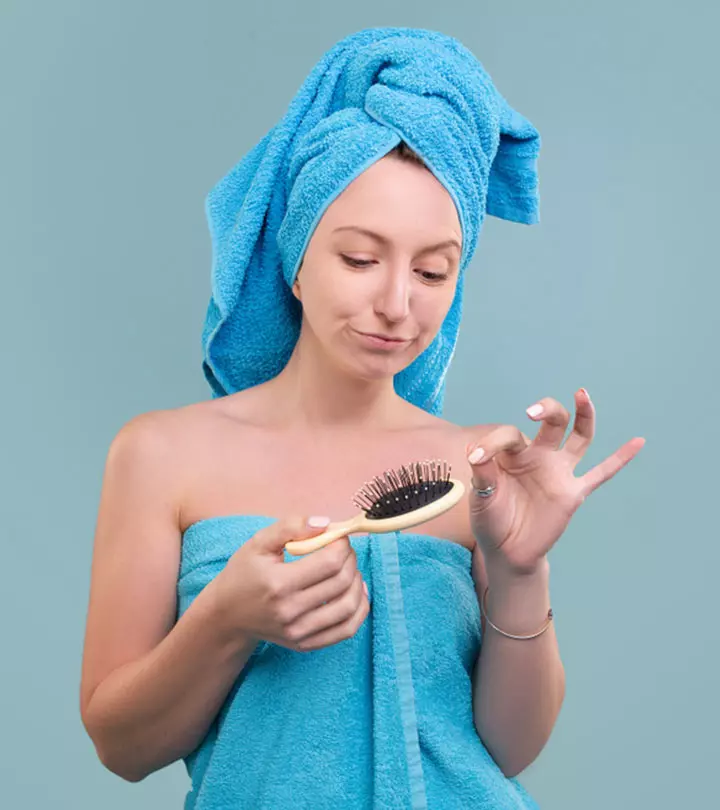




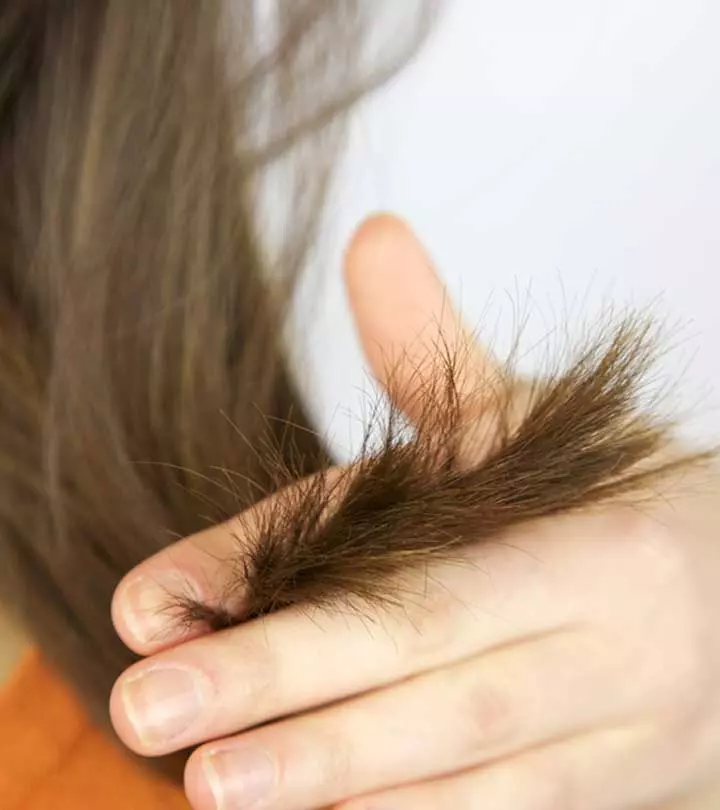
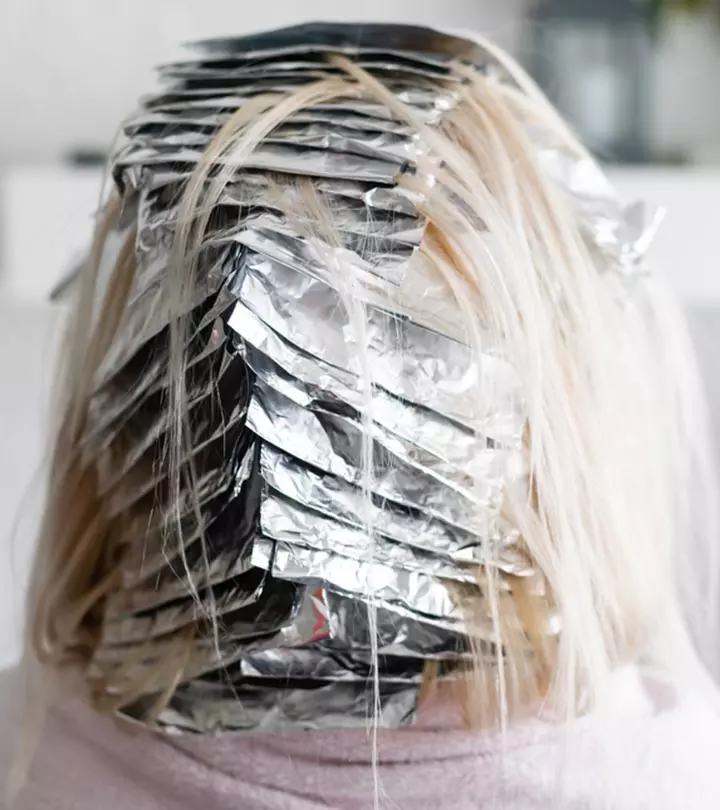
Community Experiences
Join the conversation and become a part of our empowering community! Share your stories, experiences, and insights to connect with other beauty, lifestyle, and health enthusiasts.